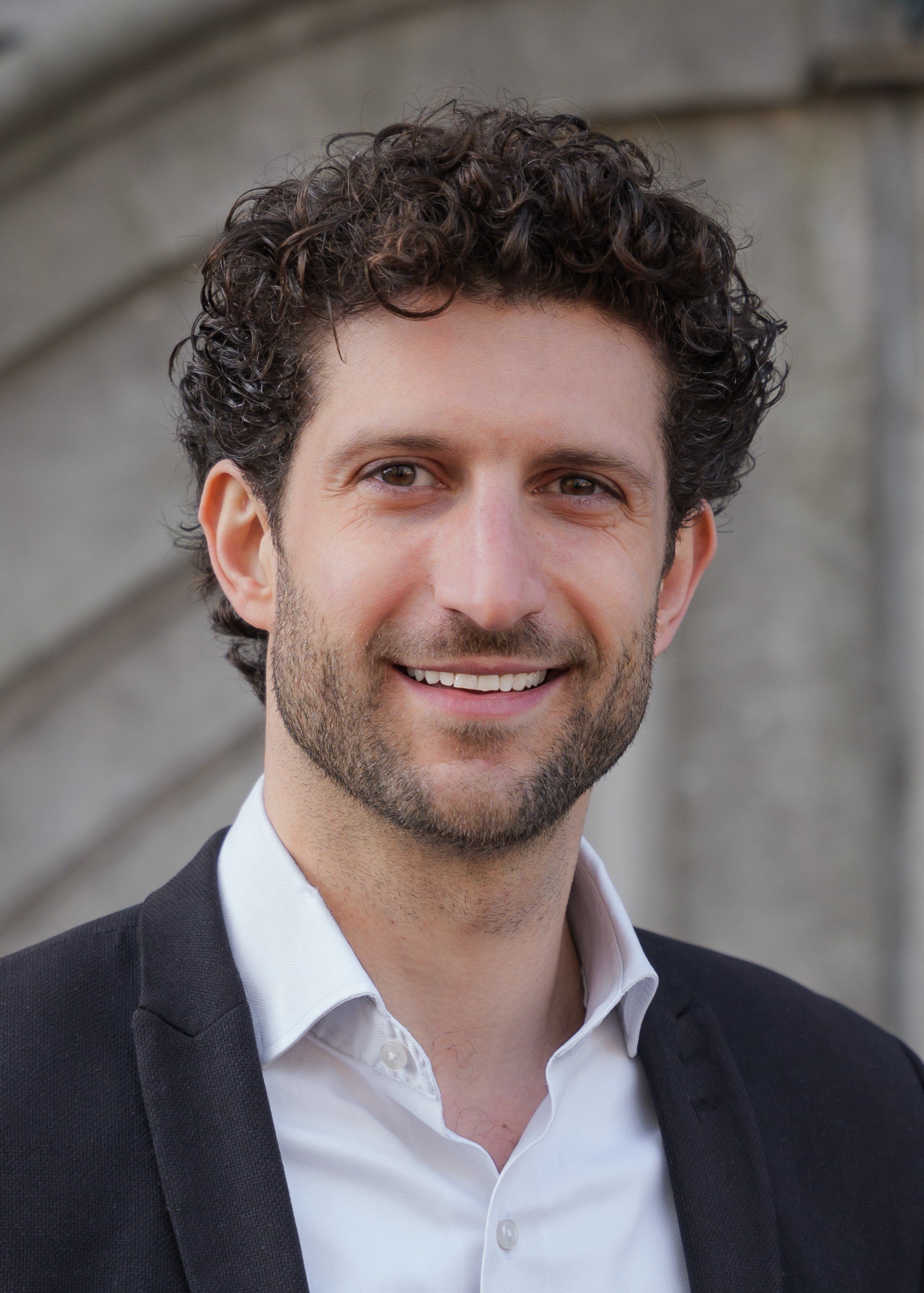Lawyer article 96 of the BIG Act
Medical procedures in healthcare require meticulous care and expertise. The Individual Healthcare Professions Act ( Wet BIG ) plays a crucial role in ensuring the quality and safety of these procedures. If things go seriously wrong, healthcare providers can also be held criminally liable under Article 96 of the Wet BIG. This article makes it a criminal offence to provide care that is not necessary if it results in (a significant risk of) harm to the patient.
Are you looking for a lawyer with specialist knowledge of article 96 Wet BIG? At Van Meekren Advocatuur your case is in good hands.
I am looking for advice about article 96 of the Healthcare Professions Act
Van Meekren Advocatuur regularly advises in cases in which article 96 of the BIG Act plays a role. For example, it is conceivable that you or someone within your healthcare institution has made a medical error and you want to know whether you are criminally liable. It is also conceivable that you want to know whether you can file a complaint against a healthcare provider.
In such cases, it may be wise to seek the assistance of a lawyer with specialist knowledge of article 96 Wet BIG. Van Meekren Advocatuur has the expertise to provide you or your organisation with expert assistance in this regard.
I am a suspect in a criminal case
If you are suspected of violating article 96 of the Wet BIG, you may face many challenges. Some suspects fear for their jobs, others are also subject to disciplinary reprimands, and yet others also have to deal with civil claims from patients. You may have acted with the best intentions, but now fear losing everything.
It is therefore important to engage a lawyer with specialist knowledge of article 96 Wet BIG at an early stage. At Van Meekren Advocatuur you have come to the right place.
Learn more about article 96 of the BIG Act
-
Article 96 of the BIG Act contains two different criminal offenses. They are defined in the law as follows:
“ Section 1: Any person who, when performing acts in the field of individual health care, unnecessarily causes harm or a significant risk of harm to the health of another, shall, if he knows or has serious reason to suspect that, when performing those acts, he causes harm or a significant risk of harm to the health of another, be punished with a prison sentence of not more than two years or a fine of the fourth category.
Article 2: Any person who, when performing acts in the field of individual health care, unnecessarily causes harm or a significant risk of harm to the health of another person, shall be punished with imprisonment of up to one year or a fine of the third category.
-
Article 96 of the BIG Act aims to protect patients from reckless health care providers. The offence mentioned in paragraph 1 is a crime. It requires that the healthcare provider knew or had serious reason to suspect that his actions could be harmful. The offense referred to in paragraph 2 does not impose that requirement and is an offense.
-
The law describes various (maximum) penalties:
In case of unintentional violation of Article 96 of the Healthcare Professions Act: imprisonment of up to one year or a fine in the third category (paragraph 2).
In case of violation of Article 96, paragraph 1 of the Healthcare Professions Act: a prison sentence of up to two years or a fine in the fourth category.
In case of violation of Article 96 of the Healthcare Professions Act, paragraph 1, if the act results in serious bodily harm: a prison sentence of up to four years or a fine in the fourth category (paragraph 4).
In case of violation of Article 96 of the Healthcare Professions Act, paragraph 1, if the act results in death: a prison sentence of up to six years or a fine in the fourth category (paragraph 5).
Furthermore, the convicted person may be dismissed from his profession (paragraph 3).
For BIG-registered persons, prosecution under Article 96 of the BIG Act will often coincide with disciplinary proceedings.
-
Article 96 of the BIG Act applies to persons who perform acts in the field of individual healthcare. It does not matter whether that person is also registered as a healthcare provider in the BIG register. Non-BIG registered persons can also be prosecuted for article 96 of the BIG Act.
-
Article 96 of the BIG Act only applies to “acts in the field of individual healthcare”. This must be interpreted broadly. All actions and omissions of the professional fall under it, such as advising but also failing to act (see, for example, District Court Zutphen 9 November 2012, ECLI:NL:RBZUT:2012:BY2768, TvGR 2013/6, with commentary by JP van Barneveld).
-
Section 96 of the BIG Act only applies if someone performs risky care acts "out of necessity. At its core, this includes non-acute care provided by unauthorized personnel. For example, a qualified doctor performing surgery will not quickly be prosecuted for article 96 Wet BIG. On the other hand, an act is quickly 'out of necessity' if someone commits fraud during the application process, starts working as a doctor or as a nurse without having the proper papers to do so, and then starts performing (unauthorized) reserved acts (e.g.: Rb Zutphen 9 November 2012, ECLI:NL:RBZUT:2012:BY2768 and Rb. Overijssel December 13, 2021, ECLI:NL:RBOVE:2021:4681). Alternative, unproven and high-risk treatments may also qualify as "beyond necessity. See, for example, Court of Appeal Arnhem-Leeuwarden October 9, 2015, ECLI:NL:GHARL:2015:7562.
Conversely, 'necessity' usually does exist in acute situations, even if the caregiver on site is unskilled, according to the legislative history. In those cases, therefore, one need not readily fear prosecution for Section 96 of the BIG Act.
What do our clients say?
"On a possible medical criminal case, Van Meekren Advocatuur was consulted. The primary question was that of feasibility. After an excellent consultation - the key questions were readily found on the practitioner's analysis - a comprehensive, clear and well-founded advice was received, including orientation beyond criminal law. It was exactly what was needed to arrive at a sound decision on what to do next. I highly recommend Van Meekren Advocatuur."
Client, May 2024
"Bram Horenblas is a top lawyer ! He listens incredibly well and explains everything well and clearly to you. Mr. Horenblas is very friendly and sensible/intelligent lawyer who prepares himself incredibly well. Mr. Horenblas really went through fire for me and wanted to win this case at any cost. He is very dedicated, knowledgeable and quick. He sorts everything out to perfection and is very precise when defending me as a client."
Client, May 2024
"Top lawyer! Mr. Horenblas truly goes through fire for his clients. Dedicated, knowledgeable and quick. He sorts everything out to perfection."
Client, April 2024
Contact us for more information
Looking for a lawyer article 96 Wet BIG? Contact us via the contact form below or send us an email. We will respond in principle within one working day.

